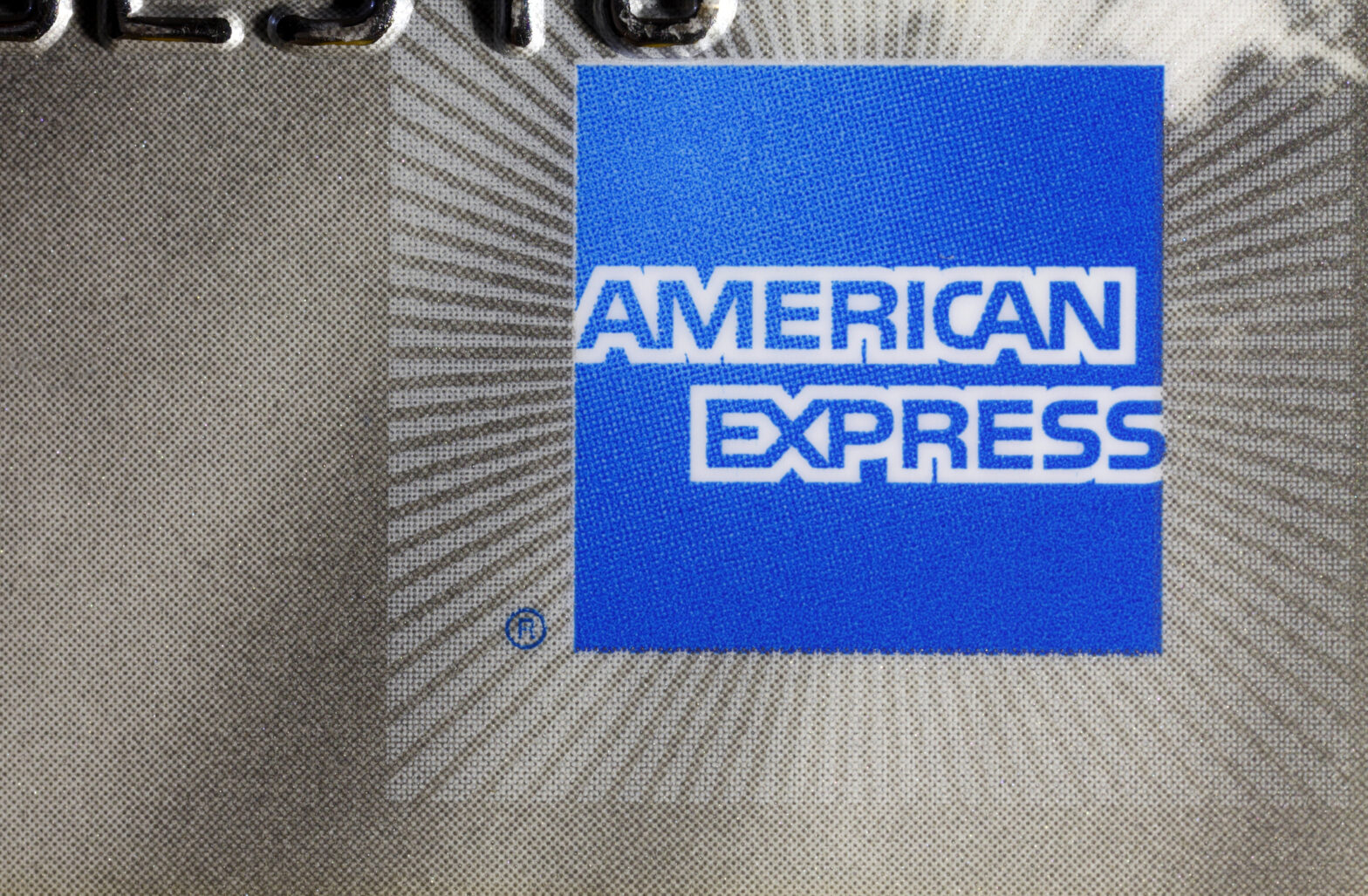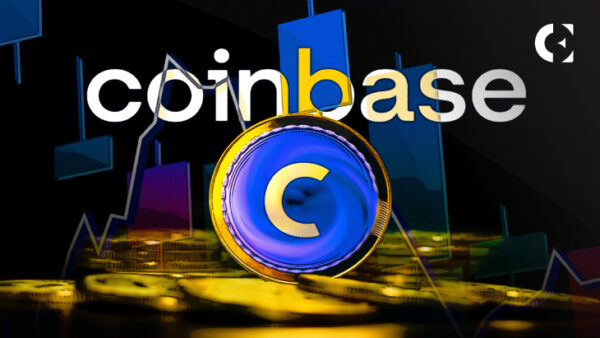Visa, Mastercard, AmEx fall; Whirlpool upgrade: Trending Tickers
Visa (V), Mastercard (MA), and American Express (AXP) are falling from reports from the Wall Street Journal saying that Walmart (WMT) and Amazon (AMZN) are considering issuing their own stablecoins, which could allow the retailers to avoid significant fees from traditional payment systems.
To watch more expert insights and analysis on the latest market action, check out more Market Domination here.
00:00 Julie Hyman
Now time for some of today's training takers are watching shares of major card providers falling while Whirlpool stock is rising. Let's start with those card providers, providers, Visa, MasterCard, American Express. They're all falling. That's after a report that Walmart and Amazon are exploring the introduction of their own stable coins. That's according to the Wall Street Journal. Those retailers looking to implement new currency forms to depend less on traditional fund transfer infrastructure to streamline global payments, to lessen processing fees. And of course, those fees are how Visa, MasterCard, and Amex make their money. The introduction of these stable coins could hurt their bottom line. Now all of this is just reportedly theoretical. Josh is to with me here. The, you know, and the journal makes it clear that they're they're sort of exploring this. They've reported that major banks are exploring this as well.
00:57 Josh Lipton
Stable coins are hot right now.
00:59 Julie Hyman
Right? It's a circle hype, yeah. Right?
01:01 Josh Lipton
Yeah, exactly. It just feels like, I don't know, you get in these little moments where every now and then it's like, what's the thing we're doing right now? And it's like, okay, we're doing the stable coin thing. Everyone needs to talk about their stable coin strategy now. Um, I think for the for the payment companies though, Julie, it's interesting to me because there's a consumer side to this too. And yes, this is a little antiquated data, but are we really going to change how we want to buy everything? Are we that upset with the payment process right now? And like, would consumers push back?
01:35 Julie Hyman
We're not upset.
01:39 Josh Lipton
Yeah.
01:40 Julie Hyman
The merchants are upset. They don't want to have to pay the fees. And this applies by the way to a lot of small businesses as well. So it would be really interesting to see, you know, I don't know about you, when I go to get my coffee down on Astor Place, you know, you pay less if you pay in cash because they're passing on in some cases those fees to you. They want to get tipped in cash as well, etc. So, you know, small merchants seem to have the most to gain potentially from this kind of things. But if Walmart and Amazon are doing it, would those merchants get shut out from this kind of a system as well? There are a lot of questions is my point. But a lot of it hinges on this so-called Genius Act that's making its way through Congress, which would put rules around stable coins. And presumably, if that does end up, end up passing, that's going to be the trigger that then would get, you know, the banks and the retailers and whoever to get more serious about all this.
02:50 Josh Lipton
Yeah, it's just interesting to me because it seems like something that would take quite a long time. And I saw some folks in the analyst community pointing this out too, specifically the 5% drop in Visa, which if you were bullish on Visa a week ago, is this really a reason to necessarily get long-term bearish? Perhaps not. Just thinking about the infrastructure of how payments continue to change, but then Visa and MasterCard kind of always continue to be in that conversation, right? I'm using tap to pay on my phone now to buy something, but Visa is still benefiting. Like they've slowly been a part of all of these changes, so could they also be a part of the stable coin change too, right?
03:48 Julie Hyman
Well, according to an analyst over William Blair, Andrew Jeffrey, they could. He says Visa and MasterCard are building stable coin infrastructure that can support commerce on their rails. And he says he doesn't believe stable coins are well suited for business to consumer commerce. So, in other words, stole a lot of customers.
04:14 Josh Lipton
I got to learn more about stable coins. We lost the penny, we're replacing it with stable coins. It's a new world.
04:22 Julie Hyman
It's I mean, it's it's sort of simple and sort of not. It's sort of like a dollar per stable coin, but you don't have to worry about the backend.
04:36 Josh Lipton
Yeah. I like cash. It's easier.
04:41 Julie Hyman
Sure. All right, let's talk Whirlpool. Those shares are rising after it got a new rating from Bank of America. Analysts changing the appliance manufacturer from a new from a underperform to a neutral, citing the company benefiting from import tariffs that will hurt competitors' costs. The Trump administration added home appliances to steel tariffs, putting a 50% duty on the value of steel used in imported goods. And so basically, Bank of America is saying Whirlpool makes a lot of their stuff in the US. So on a comparative basis, they're in a better position.
05:15 Josh Lipton
Yeah, I mean, this is this has been the tariff story that we've talked about on an individual stock basis consistently, right? Someone wins and someone loses from every piece of any sort of legislation that's coming in, right? Any sort of policy. And I thought BVA pointed out a great point here. 80% of Whirlpool's US sales are manufactured domestically with 96% of steel from the US. They're just simply not exposed at a level competitors would be. Then if they don't have to raise their prices the same way their competitors would, I don't know about you, but I'm just probably going to buy the cheaper item, right?
05:55 Julie Hyman
Of course, especially if you feel like you're getting as good a thing. And if Whirlpool can market it as made in America, for example, even better for a lot of customers right now.
06:10 Josh Lipton
That seems to be a big push right now. We want more things made in America.
06:14 Julie Hyman
It does. Yeah, exactly. Thanks, Josh.










